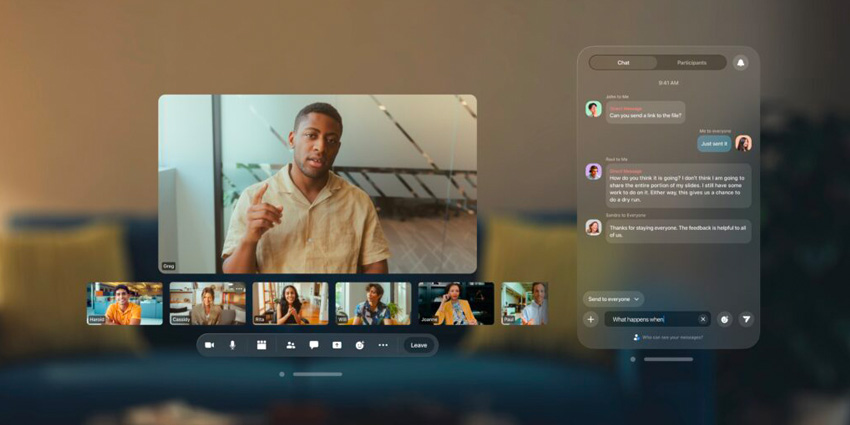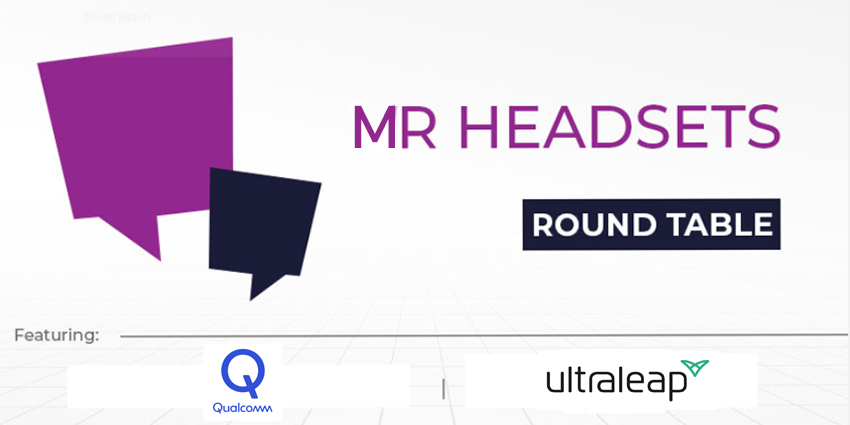Unity Technologies has reportedly backtracked on the controversial fees it introduced last week, triggering a public outcry from the developer community.
Many Unity developers have slammed the new fees as unfair, prompting the San Francisco-based firm to rescind its announcement partially.
Currently, Unity is the most widely-used gaming engine, used to create virtual, augmented, and mixed reality (VR/AR/MR) experiences for individual developers and enterprises.
Companies leveraging the platform for the industrial metaverse, gaming, education, design, engineering, and others may face the incoming fees. Many with their own XR-related enterprises have hit back at the new pricing scheme.
According to the initial structure, developers with revenues below $100,000 could access the platform for free. However, those with up to $200,000 in revenue had to subscribe to a Pro tier.
However, Unity’s introduction of a $0.20 fee per installation of titles selling over 200,000 copies has put off developers due to losses in overall revenues. According to reports, this is especially true for those with lower fees and sales thresholds.
As Unity is the most widely-used real-time 3D (RT3D) engine for immersive experiences, this is set to affect many enterprises aiming to build Metaverse platforms for the business. This could also impact mobiles, virtual, augmented, and mixed reality (VR/AR/MR) headsets, as well as in-app monetisation and advert revenues
A specific problem with the new scheme is that pirated or repeat installations of an app could also trigger added fees. The potential of exponentially higher fees due to these incidences could severely impact XR developers.
Industry Reactions to Unity Fees
Many XR developers took to their Twitter and LinkedIn profiles to express their opinions about the pending changes.
Renato Andrade, Senior XR Product Designer, Samsung R&D Institute (SIDIA), posted his thoughts on the changes, gaining him over 20,000 impressions on LinkedIn.
He called the changes “problematic” and stated they could “harm the XR industry” in the short and middle term.
In his post, he said,
“Well, as Unity is the engine used by the most XR and game developers worldwide, this new licensing fee is very problematic and can harm the XR industry in short or middle term. This also open the door for Epic and their Unreal Engine to shine and capture the entire XR development market. Charging per install also means heavy privacy concerns, as they will need to track each install of a game or application. It will be a mess”
Furthermore, Dilmer Valecillos, Founder & XR Developer, Learn XR, said he was “not in any position to stop using Unity, especially with all the client projects I currently have.”
He continued in his LinkedIn post that he “would also like to ensure that Unity reads this,” adding he would “call them out to push for some changes.”
“I would also like to ensure that Unity reads this and I call them out to push for some changes, specifically removing the very sketchy installation fee (which would be hard to accurately track!). In my head, this fee makes no sense, knowing how easily it can be abused,” he said.
Valecillos added,
“I like to push for Unity to adopt a simplified model and ensure they inform people / studios in advance when drastic changes like this are coming. I am part of the Inside Creators program, and even though I don’t keep up to date with them, I still check it. But I didn’t even know this was coming until it was announced publicly”
Zachary Kosma, XR Developer and Educator, added that he thought that Unity was “doing the right thing” by creating a “base expectation and model to use as a starting point” for negotiating use of its ecosystem.
Kosma explained in his LinkedIn post,
“Obviously free to play will need different kinds of discounts / support than multi-platform console titles (where you may be able to transfer your install). Unity is no stranger to collaboration, I believe they encouraged developers to reach out so they can start to scale their business development support (on top of their existing technical support)”
Cost-Benefit Analysis
Finally, Stuart de Ville, Director, Fribby Games, said that it was “crucial” as a developer community to “be informed about the changes.”
In his post, he estimated costs the new runtime fees would accrue for enterprises, stating,
“It’s crucial for us, as a community, to be informed about the potential implications of these changes. I’ve put together a detailed financial projection to shed light on how these fees could impact a hypothetical studio”
His analysis calculated the following fee chart:
Total Downloads: 220,000
Game Price: £7
Estimated Revenue Before Fees: £1,540,000
Unity Runtime Fee: £33,000
Revenue After Fees: £1,507,000
Revenue Split with Publisher and Developers:
Publisher Share: £753,500
Developer Share: £753,500
Operating Costs: £400,000
Net Profit Before Tax: £353,500
Tax Amount (19%): £67,165
Final Net Profit After Tax: £286,335
He added that it was important for “established and emerging developers to consider the potential financial impact of these changes.”
Speaking further, de Ville explained,
“Many indie studios already face significant challenges, and these fees could further strain their resources. Unity has been a pivotal platform for indie developers, and I believe open dialogue is crucial. I encourage Unity to reconsider this decision, and for developers to explore all engine options, especially in this financial climate”
He concluded: “Let’s continue supporting each other through these changes and find ways to thrive in this dynamic industry.”
Unity Response to Public Outcry
Responding to the backlash, Unity explained that many of its fees would not remain retroactive. Additionally, he stated that changing the policy would allow the initial installation to cost developers.
Distributors like Microsoft would also receive the fee for platforms like Game Pass. However, reports note the terms and conditions for processing and working the expenses were unclear.
According to VentureBeat, doing so could force game stores to rack up millions in licencing fees, forcing them to remove Unity-based titles.
Responding on social media, a Unity spokesperson said “we have heard you” and “we apologize for the confusion and angst the runtime fee policy we announced on Tuesday caused.
We have heard you. We apologize for the confusion and angst the runtime fee policy we announced on Tuesday caused. We are listening, talking to our team members, community, customers, and partners, and will be making changes to the policy. We will share an update in a couple of…
— Unity (@unity) September 17, 2023
The company continued: We are listening, talking to our team members, community, customers, and partners, and will be making changes to the policy.
At the start of the backlash, Unity told companies that
We want to acknowledge the confusion and frustration we heard after we announced our new runtime fee policy. We’d like to clarify some of your top questions and concerns:
Who is impacted by this price increase: The price increase is very targeted. In fact, more than 90% of our…
— Unity (@unity) September 13, 2023
Speaking to its customer base, a Unity spokesperson wrote in a blog post at the time that the price increase was “very targeted” and that “90 [percent] of our customers will not be affected by this change.”
The spokesperson explained,
“Customers who will be impacted are generally those who have found a substantial scale in downloads and revenue and have reached both our install and revenue thresholds. This means a low (or no) fee for creators who have not found scale success yet and a modest one-time fee for those who have”
Additionally, after meeting two installs and reaching revenue thresholds, customers would only pay runtime fees on new installations after 1 January of next year.
Unity added: “It’s not perpetual: You only pay once for an install, not an ongoing perpetual license royalty like a revenue share model.”
XR developers would not pay runtime fees on reinstallation charges or fraudulent install charges from piracy and other cases of “malicious intent.” It would also avoid “trials, partial play demos, and automation installs” like developer operations (devops).
Additionally, web and streaming apps or charity-based installations would also not count fully towards the installation fees. Charities would receive incentives and discounts for their XR programmes.







